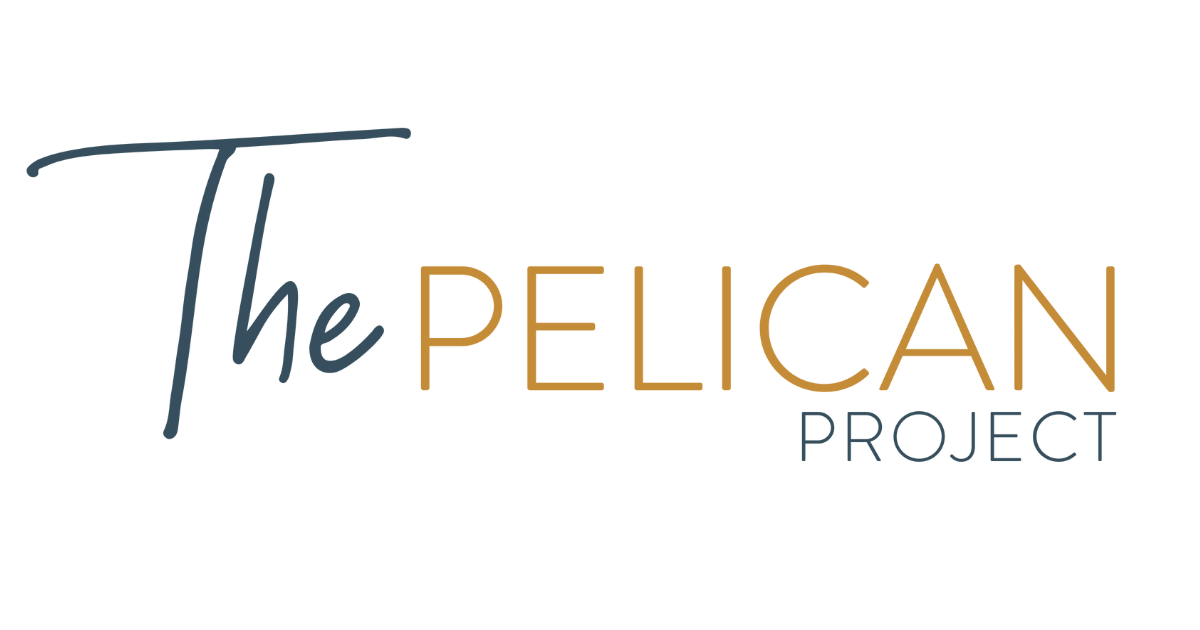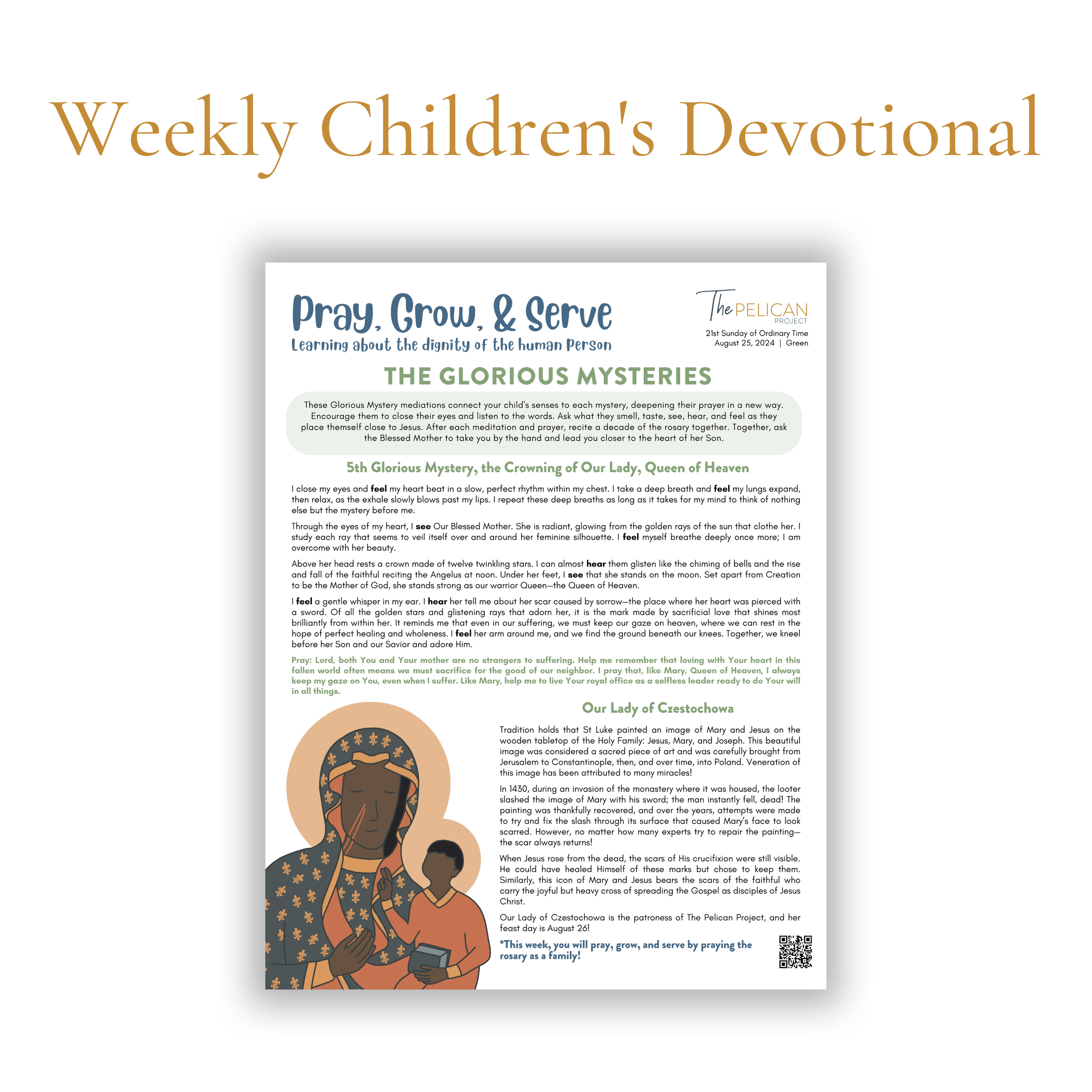Our Scars
Up close image of Our Lady of Czestochowa Icon in Jasna Gora.
In 2014, I boarded a plane to Poland by myself. My plan was to meet up with a tour group in Krakow and tour the country; my goal was to hash some things out with God.
A few days into the trip, we traveled to the Jasna Gora monastery in Czestochowa. There we stood before an image of Mary called the Black Madonna. I sank to my knees and recounted the legend of this mysteriously warm and weathered painting. Her eyes gazed upon me as I meditated on Saint Luke's steady hand, brushing her image onto this piece of wood that served as the tabletop in the Holy Family's home, its form chiseled by the hands of Jesus Himself. With closed eyes, I pictured their home, warm, inviting, and peace-filled. I could almost smell smokey saffron and coriander from the hundreds of hearty meals Mary cooked for her boys. There on my knees, I saw her in the quiet, solitary moments of the morning preparing bread on its smooth surface while softly singing to Yahweh the hymns of David. I saw Jesus and Joseph welcomed after a long day working with wood and stone by the soft orange glow of a candle resting upon it. Perched around the table, I saw Mary and Jesus listen to Joseph as he recounted the promises made to Israel. Upon this wood, they broke bread, shared tears and laughter, and prepared themselves each day to live the incredible will of the Father for their lives.
Auschwitz
A few days later, and only about 60 miles away from the Black Madonna, we arrived at the tortured grounds of Auschwitz. In a heavy silence, we unloaded our bus; we were overcome with this space's evil past too devastating for words. As I stood at the camp's gate, I could almost make out the lines of frightened men and women, mothers and fathers, falling after their children as they were ripped from their arms. The echoes of husbands and wives yelling I love you to one another one last time hung in the air.
The heaviness in my heart was overwhelming. It seemed God couldn't be farther away than the four walls of this camp. With tears in my eyes, we reached Block 11, known to prisoners as "the death block." It was used as the camp "jail" where prisoners were interrogated and tortured, leaving almost always by death. I wondered how the sun could even penetrate through the darkness of this opening’s past—As I brooded over how far away God seemed to be from the suffering of His people, I looked into cell 21 and saw, with my two eyes, a suffering Jesus. Scratched into the wall by Polish army soldier 2nd Lt. Stefan Jasienski was Jesus's battered body hanging on a cross. Beside that image was an etching of Divine Mercy.
I stared at the small etching trying to blink back tears that fell anyway. I pictured Lieutenant Jasienski laying on the cold, dank ground of His cell, his eyes fixed on the cross that anchored his heart and mind to all that is true, good, and beautiful in this world. With every move of his bloody fingernail etching the Divine Mercy image, I heard Jasienski cry out the words of Christ— Father, forgive them, they know not what they do.
That night as I lay on my hotel bed, I asked myself the question that needed an answer—Was the cross my anchor? The answer was no. The cross hung in the sanctuary of the church; I had never considered bringing it into the desert with me. My box-checking faith to keep the manna falling was being confronted.
What did Lieutenant Jasienski know that I didn't—He didn't etch rules and Sunday commitment into cell 21's wall; he etched His Savior. He wasn't held by Block 11. He was held by Christ's outstretched arms and covered in His peace by the blood and water that poured from His side. To Lieutenant Jasienski, Christ wasn't a commitment; He was a relationship. Jesus Christ wasn't separate from the reality of his suffering; He lay in the cell beside him. I could hear him praying the words of Psalm 27—the war cry of a prisoner's heart; The Lord is the stronghold of my life; of whom shall I be afraid?... Though a host encamp against me, my heart shall not fear; though war arise against me, yet I will be confident.
Jasienski wasn't afraid of the lion waiting to devour him. While his rail-thin body lay in the soot of evil's weakness, the strength of his hope lay in the victory of the cross.
Surrender
That night, with bleeding feet and sun-chapped skin, I had arrived at the edge of my desert. Raw. Thirsty. Hungry. I fell into an exhausted surrender. As I unclenched my fists, Jesus was finally able to lace His fingers through mine. As I felt the gentle warmth of His hands, tears rolled down my cheeks. The reality was, up until this point, my walk was away from Him. Resenting my journey through the desert and acutely aware of my unworthiness, I had disinvited Him from my life, and each morning I would collect my daily manna with a sense of entitlement. In my daily Christian "box-checking," I treated Him as inconsequential and disposable. And yet, there He stood before me, wiping my tears with His precious pierced hands.
On the flight home, I sat with Jesus and the image of the Black Madonna in my heart. I thought about the two scars down her cheek caused by a looter's sword during one of the many battles she endured over the centuries. Restoring her sacred image to remove the wounds hadn't been successful, and rightly so. My heart rejoices in how fitting it is that the image of our Blessed Mother is adorned with the evidence of her suffering. She reminds me that our wounds can't make us weak when we use them as the spaces where we can invite Christ even deeper into our lives with His gentle salve. I recounted the Father's words to Israel as they wandered, I am the Lord, your healer. (Ex 15:26)
The reality of Our Lady's motherhood pressed into me. She sat at that table beside the fulfillment of Yahweh's promises, her hands in His while they prayed. How many times in the evenings with Jesus and Joseph over barley bread and apricots would they recount the day and prepare for the new day ahead? Like any mother, I have no doubt she shed tears over the table's surface, laughed in joy around its company, and from its edge spoke to Abba in the silence of the night. Around that table sat the same God who led both the Israelites and me from the desert, who conquered sin and death on a bloodied cross, who plucked me from the abortion line, who lay with Lieutenant Jasienski in his cell, and who sits beside my family and me at my own table, in my own home.
Don’t miss our Pray, Grow, & Serve Devotional this week for the 5th Glorious Mysteries and a special section about Our Lady of Czestochowa (also known as the Black Madonna)!… Download for FREE (as always) and pray the rosary with your family!
For more information about joyfully reawakening a culture of life within your domestic church, visit www.pelicanprojectministry.org.


